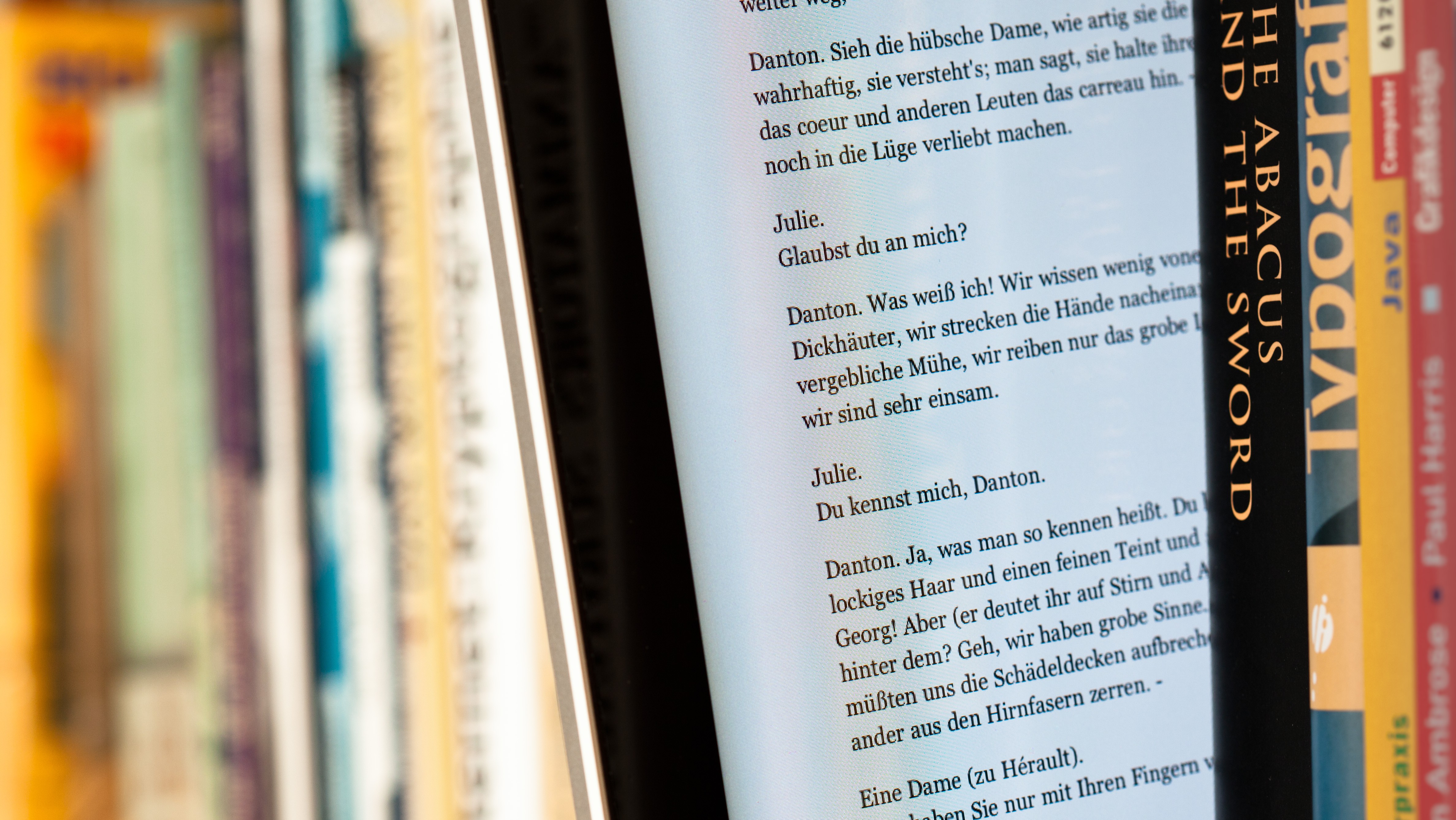Do you read EPUBs at all?

After I finished watching the whole Fringe series, I started feeling a little bit like Dr. Walter Bishop, who worked on a lot of secret governmental projects. He had to stay for seventeen years at the St. Clair’s Hospital due to mental illness raised by uncontrolled self-medication. When he left the institution, he was hired by the FBI to help them solve some weird cases including inexplicable ones. Right now, I’m feeling like him, because he had so many projects ongoing, that he may had forgotten about some of them. And that happened to me right now.
And now for something completely different.
I recently came across one of my younger projects when @candy_berlin, one of the key members in the buffer chat, asked for a Git workflow to write a book:

Snippet of the Buffer chat
Back in June, I was visiting the Electric Book Fair. The EBF was an event for designers and, developers and publishers working in the EPUB sector. I had no contact to EPUBs so far and I was eager to get to know what their daily business was and which obstacles would get into their way during the creation process.
When I got home from the event, I heard the names of some of the tools which were in production use at that time. Without having a look at those, I decided to develop my own, so I put my own tool together within 24 hours. Basically a Markdown to EPUB converter with online editing capabilities: EPUB Spleef.
The overall perception was, that it wouldn’t need another tool, but an improvement on the others. That’s when I stopped working on it and started planning an EPUB hackathon. Soon enough, I teamed up with Andrea, one of the organizers of the EBF, so we sat together and brainstormed about setting up a hackathon for EPUBs.
We would like to have a constant information flow between the team members and sharing their best practices with the used tools. In case participants wanted to learn about a new workflow they are invited to select the team accordingly. If they call themselves experts for their tool, they are invited to join that team.
Soon enough, we had a rough idea of how we would bring gamification to it:
We would set up multiple teams using different tools, like Adobe InDesign, BookType and several others. After every step, the participants of every team would upload their generated EPUB into a shared Dropbox folder. At a regular interval, new files would be analyzed by the official epubcheck tool from the IDPF – the International Digital Publishing Forum – and the results would be sent back to the application I am developing now. Based on the numbers of errors and warnings a score will be calculated, which is used for ranking the teams against each other.
Do you read eBooks at all? What kind of eBooks do you read? Which devices do you use?
Share your experiences in the comments below!
Thanks to Maximilian Schönherr for releasing the featured image under CC-BY-SA.